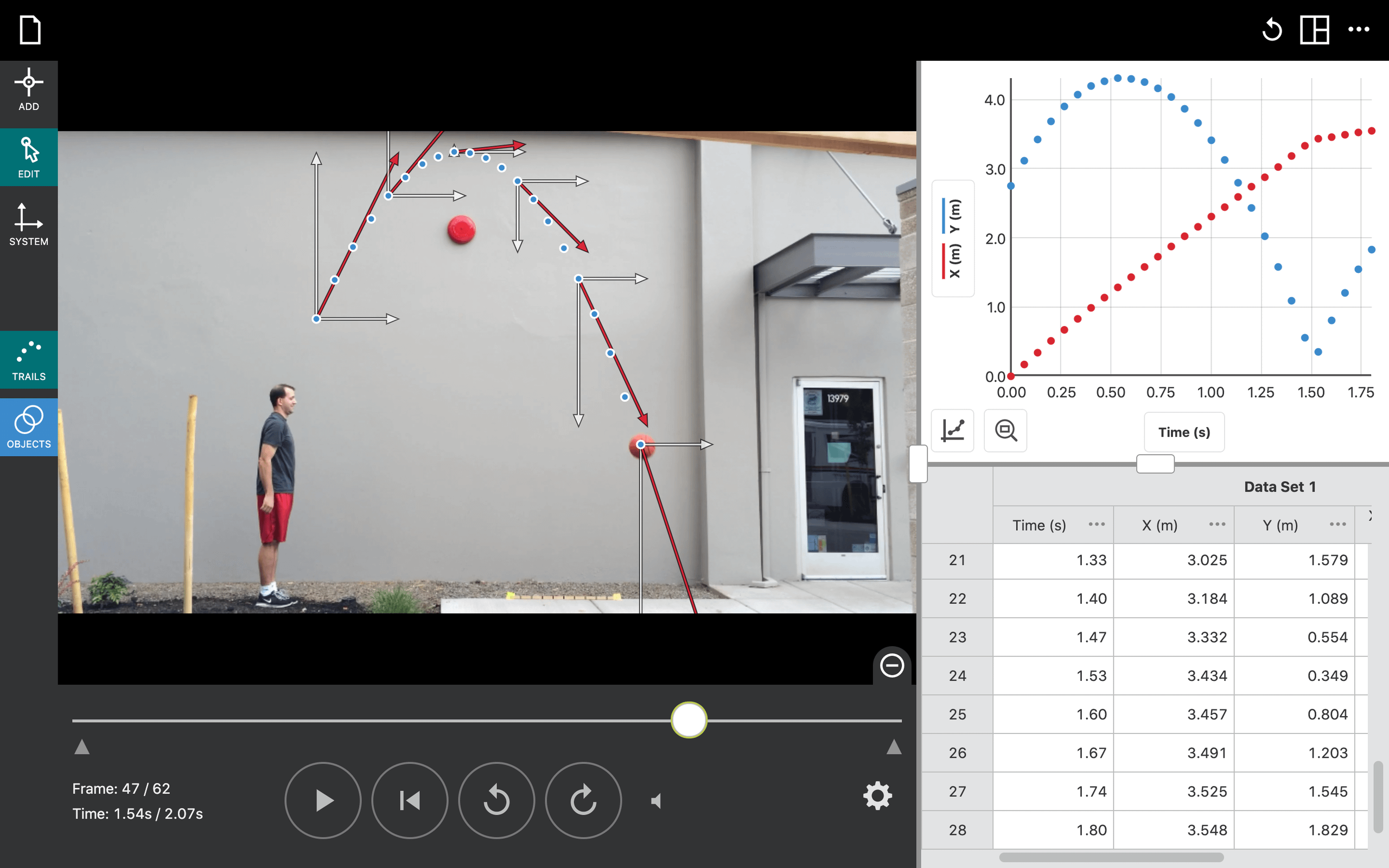Introduction
The goal of this activity is for students to confirm conservation of energy in a vertical mass spring system.
In the Preliminary Observations, students first observe a bungee jump, before viewing the classic “mass-on-a-spring” experiment. It is likely your students have investigated this experiment before. However, in this investigation, students will focus on the kinetic and potential energies of the mass as it oscillates, rather than just the up and down motions. In order to do this, students will use position and velocity measurements to calculate the energies that are present in the oscillating mass on a spring. The initial Preliminary Observations can be made individually and in pairs, and then the demonstrations and discussion of the observations should be completed as a whole class activity.
During the subsequent inquiry process, students can use a motion detector or video analysis to collect the required data.
Students should finish the activity having evaluated the energy transformations in the system numerically and graphically. They should analyze their data to determine if any of the energy of the system is lost to the environment.
Objectives
- Design and perform an investigation.
- Draw a conclusion from evidence.
- Determine the spring constant of a real spring.
- Examine the energies in an oscillating spring.
- Test the principle of conservation of energy.
Sensors and Equipment
This experiment features the following sensors and equipment. Additional equipment may be required.
Option 1

Option 2

Option 3

Ready to Experiment?
Ask an Expert
Get answers to your questions about how to teach this experiment with our support team.
- Call toll-free: 888-837-6437
- Chat with Us
- Email support@vernier.com
Purchase the Lab Book
This experiment is #33 of Physics Explorations and Projects. The experiment in the book includes student instructions as well as instructor information for set up, helpful hints, and sample graphs and data.

